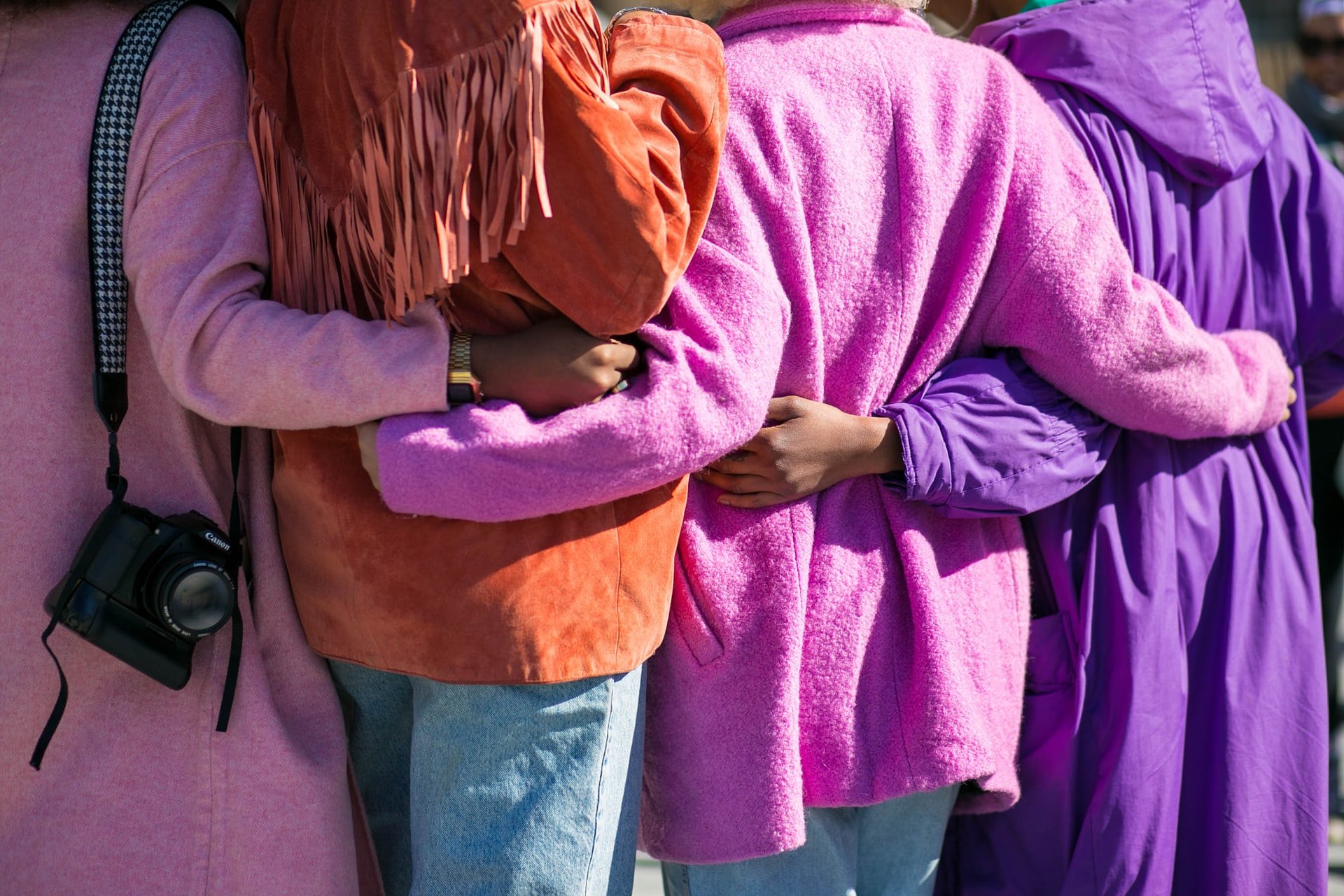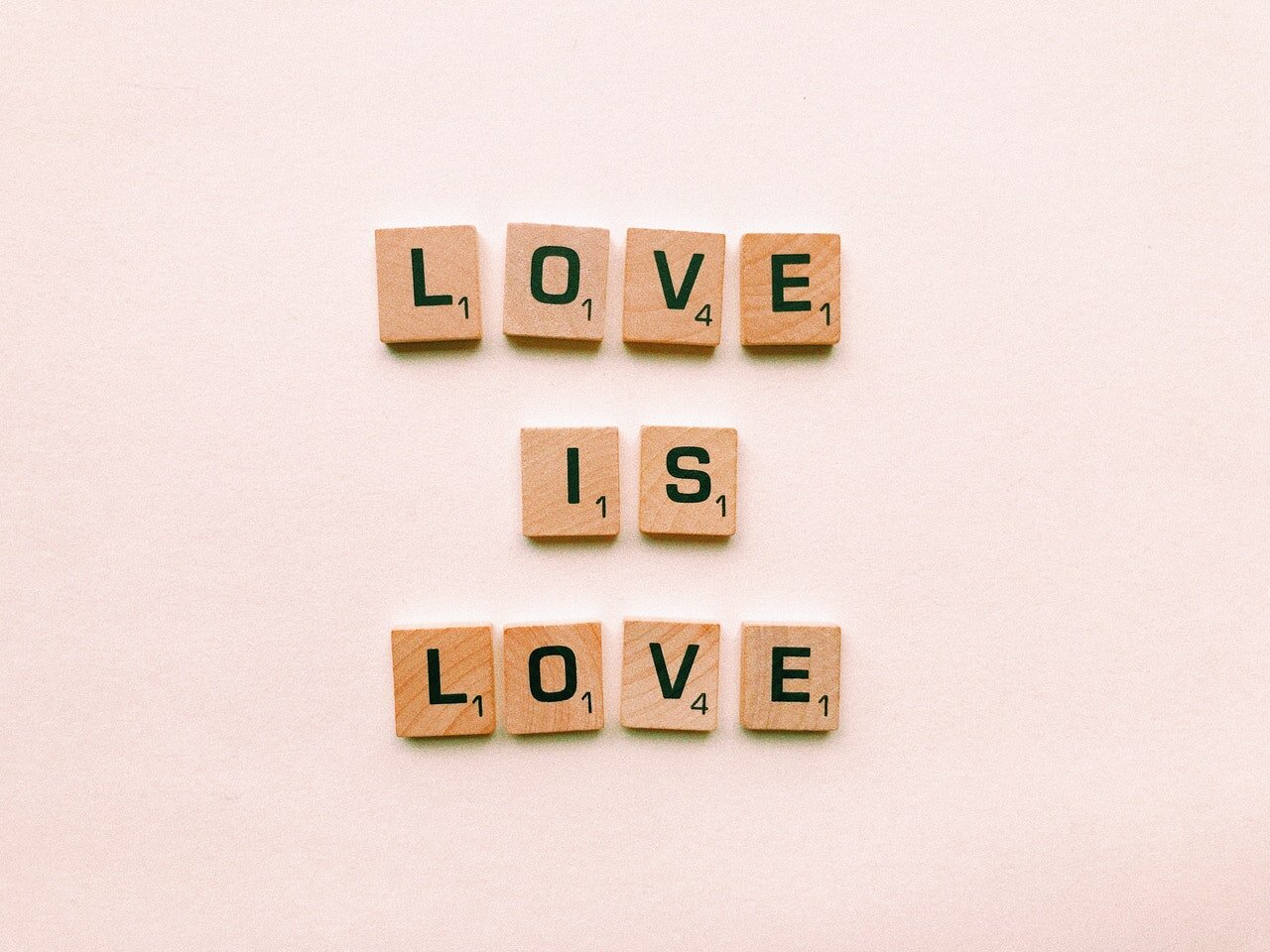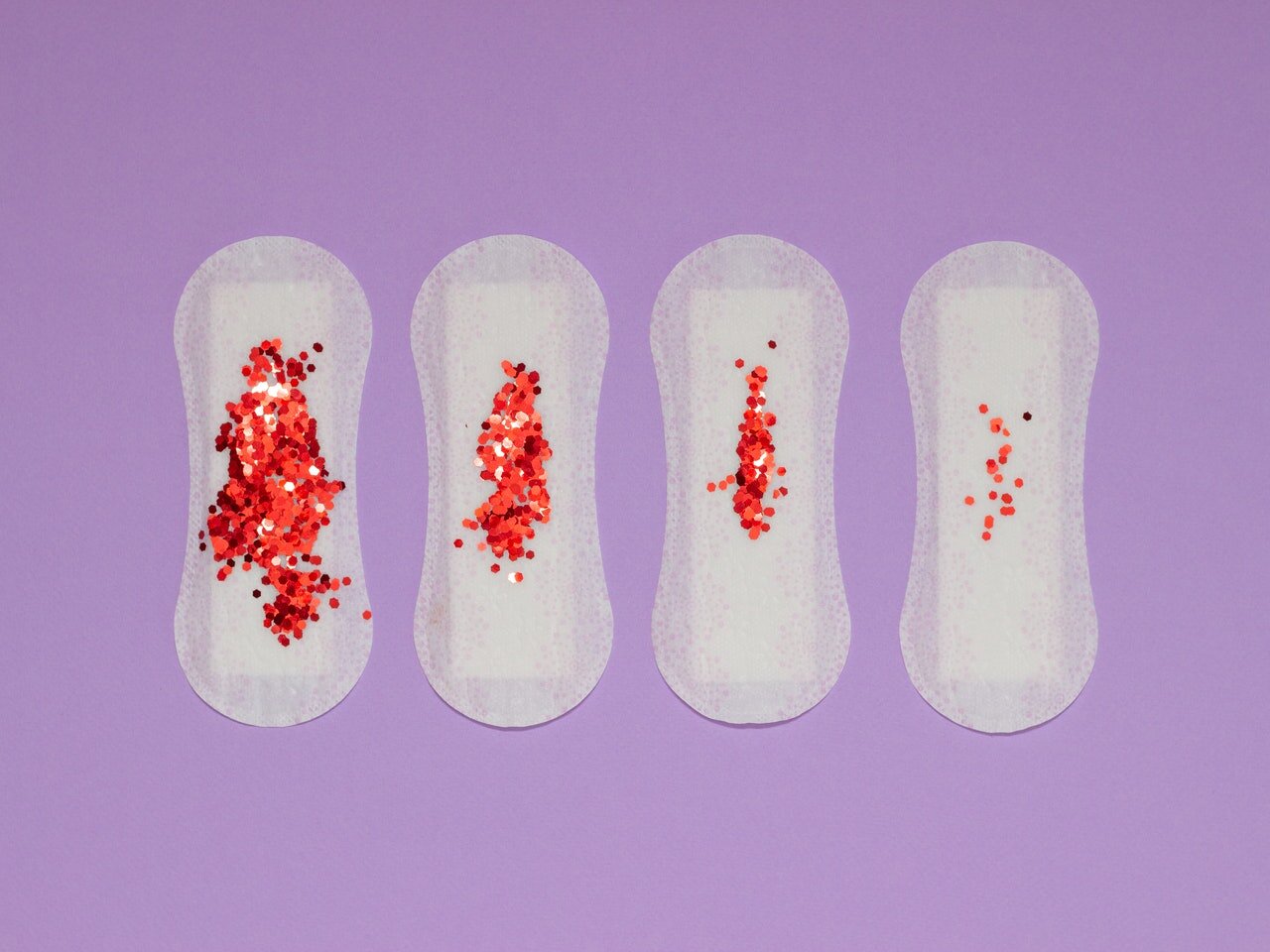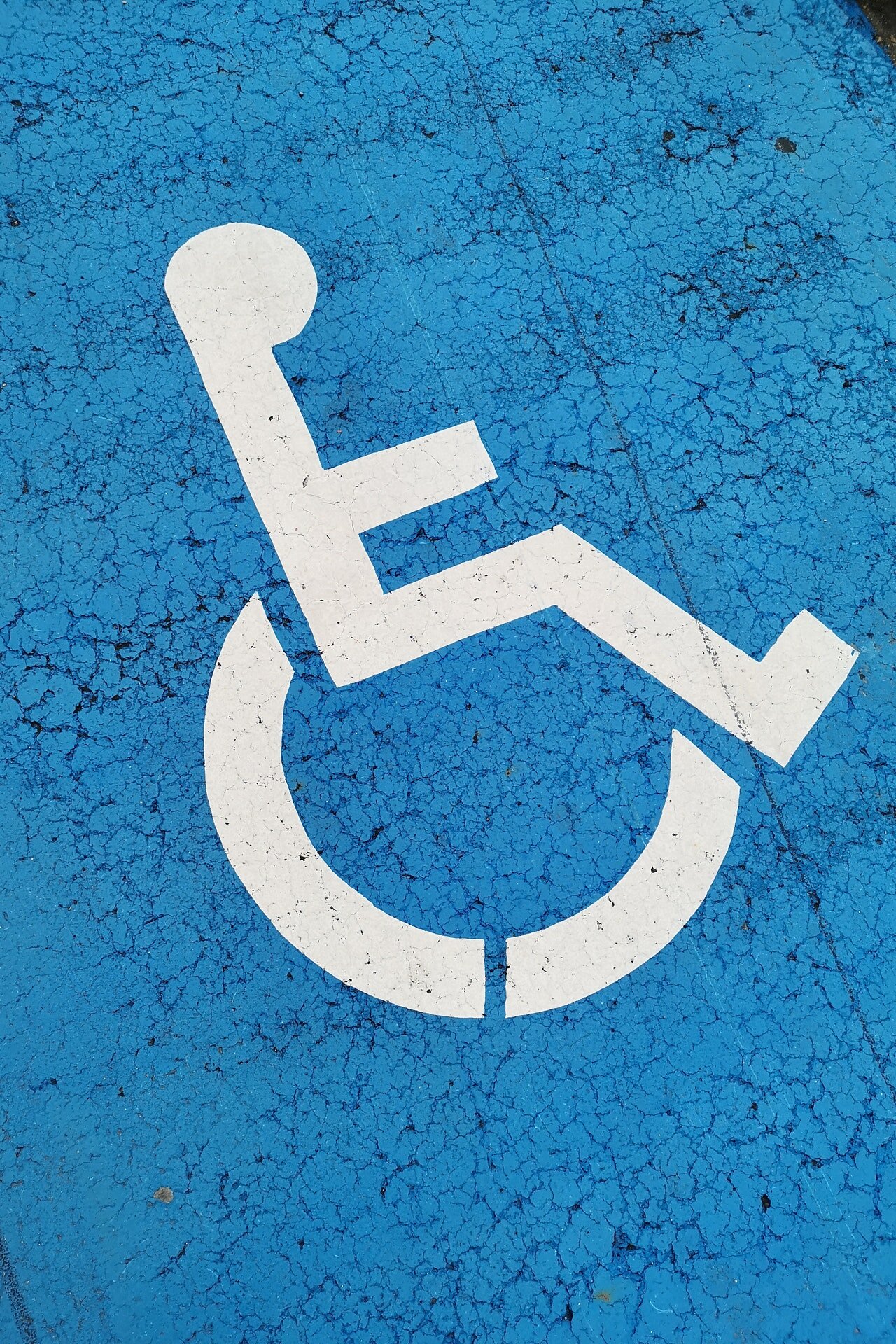For International Women’s Day, Gemma Hudson reflects on the social conditioning of gender in society and advocates for substantive change.
We like it when people are nice, but we especially like it when women are nice. We like it when they’re accommodating, respectful, diplomatic. We’re told that no matter what happens, there is nothing to…





